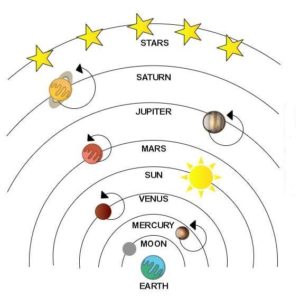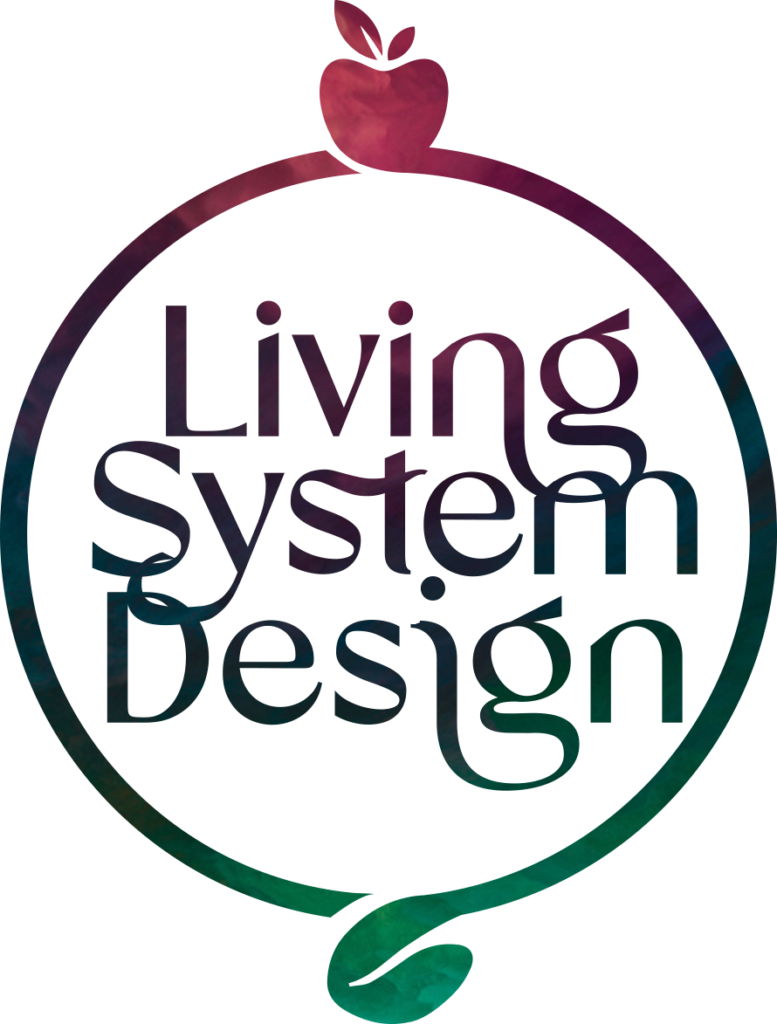
The Real Meta Crisis
Background
The tragedy of the commons is a phenomenon that occurs whenever we have a shared limited resource with multiple demands for it’s use. Imagine a river it has a limited amount of water that anyone along the shore can use. It will quickly become over consumed to the point where users will compete to meet their needs. Consider things like timber and minerals, all of which exist in limited amounts on this planet. It’s time to admit that the Earth is a common pool resource and we have reached that moment in time where global conflicts are the result of over consumption of limited resources.
Perverse incentives are a result of our social systems which encourage negative or detrimental behaviors, impacting a person, our society or the planet. Continuing with our river example, a company along the river produces a toxic product as a result of it’s business. In an attempt to reduce costs they dispose of the waste in the river rather than paying for it to be disposed of safely. The result is a polluted river for a product at a lower cost.

The race to the bottom is a phenomenon that occurs whenever a new capability or technology is developed that is perceived to be a potential threat or offers a competitive advantage. Once one group develops it, others will quickly follow to protect themselves. The nuclear arms race is an example, when nuclear weapons were first developed everyone felt threatened. Fortunately the fear of mutual destruction prevented anyone from using them. It was only due to the complexity involved in building them and through great political constraint we have survived. Now there are technologies that are far more simple to build and pose just as great a risk. The conversation around Artificial Intelligence or the CRISPR technology are the latest example. Are we on the path to the apocalypse?
Underneath these phenomenon, there is something more fundamental that is not being examined.
Related Posts
Contributionism
Living System Design
 The REAL meta crisis
The REAL meta crisis
Consider the world we lived in 500 years ago. The common belief, the Earth was the center of everything, a Geocentric model. The Ptolemaic system was a complex description of multiple spheres that were used to describe the different motions of the background stars and the planets. The assumption that the Earth was at the center was the root of this complexity. In the 16th century a group of individuals, lead by Copernicus, challenged this assumption and explored putting the Sun as the center of the planets. Suddenly there was a great simplification of the mathematics describing the motion of the planets, yet it was still not exact. This was fully resolved when Kepler introduced the idea that the orbits of the planets were elliptical rather than circular. The assumptions about the Earth being the center and orbits being circular had to be challenged.
Returning to this idea of a meta crisis, we have not examined the assumptions on which our current social, political and economic systems are built. Over the course of this post I will propose and examine some of the assumptions we’ve made that are erroneous, the problems they cause and offer some alternatives to avert this crisis. Many will meet some of these ideas with resistance, many will challenge me, rightly so and hopefully add to the conversation. The real tragedy and the race to the bottom is not having this conversation.
 Marketplaces…
Marketplaces…
The old adage, if the only tool we have is a hammer, then everything looks like a nail. Restated, if the only tool we have is Capitalism then everything looks like a marketplace. Our entire financial eco-system is built on this idea, and the assumption that marketplaces are necessary. Another place we see this, the housing market(place), which treats a fundamental necessity in life as a commodity. In a time when we have large numbers of un-housed is this really working? In 2010 when Barack Obama attempted to address the rising cost of healthcare with the Affordable Care Act, let’s create a Healthcare marketplace, has anything changed? My personal favorite…carbon credits! Let’s take an issue, CO2 production, and create a place where organizations who are doing desirable things can sell that to organizations who are doing undesirable things. The net result, no change…please pass me the hammer!
Marketplaces are rooted in a belief that competition somehow drives innovation and cost reduction.
Let’s tackle cost reduction first. Clearly this is not the case in the housing and healthcare arenas. In the arena of finance we have the greatest disparity of wealth in our history, and it’s getting worse. And with regards to CO2 production, no change. The reality, all marketplaces do is enforce an ethos of scarcity and hoarding. How much money does any one person need? How many houses do you need? Should we support a system that extracts value from people being sick? And is supporting a concept called carbon credits actually instigating change?
 As for innovation, you are probably reading this on the greatest example of why this is a false assumption. The internet enable the creation of the greatest diversity of content and capability in human history. The software development industry expanded dramatically with the availability of the internet and what is called open source software. There is no such thing as the open source marketplace, or at least not one that I’ve found.
As for innovation, you are probably reading this on the greatest example of why this is a false assumption. The internet enable the creation of the greatest diversity of content and capability in human history. The software development industry expanded dramatically with the availability of the internet and what is called open source software. There is no such thing as the open source marketplace, or at least not one that I’ve found.
Human beings naturally want to create and express. For some this is in the form of art or music. For others it might be in a building, a piece of technology or software. We don’t need marketplaces to innovate. What we need is a place to develop our skills, meet people’s needs and make a contribution. The places I’ve observed that fulfill this need are studios, maker spaces and incubators.
Competitive or Cooperative?
Are we really competitive by nature? Where does this belief, which is the foundation of our economic and decision making landscape come from? Is it rooted in some Darwinian belief in survival of the fittest? Or maybe its from research on other hominids in the wild.
 The fact is we are only competitive when scarcity exists. If we work at the same company and their is one management position available and it includes additional privileges, those that are interested will compete for it. On the other side of the coin, when we are deeply aligned around some goal we can be highly cooperative. Think about the level of cooperation it took to place human beings on the moon. Or on the shadow side of cooperation, World War II.
The fact is we are only competitive when scarcity exists. If we work at the same company and their is one management position available and it includes additional privileges, those that are interested will compete for it. On the other side of the coin, when we are deeply aligned around some goal we can be highly cooperative. Think about the level of cooperation it took to place human beings on the moon. Or on the shadow side of cooperation, World War II.
The reality is both can exist simultaneously, the simplest example is any team sport. Each team has to work together to achieve the goal, to win and each team competes with the other team to be the winner. We need to start by having a clear articulation of our goal. We can then ask the questions:
- Is competition necessary and why?
- How will we are work together?
With these answers we can make an intentional decision about what is needed.
Elinor Ostrom, the only woman to ever win the Nobel Prize in economics, tackled the problem of the tragedy of the commons. She developed a set of design principles that can be applied to managing any common resource. It has often been called prosocial behavior.
Democratic Decision Making
I don’t think anyone would argue that our democratic system of governance is in deep crisis. We have been told that we must save, in fact fight for our democracy. Yet Winston Churchill famously said “democracy is the worst form of government – except for all the others that have been tried.”
 Right here we see the assumption, that somehow the group can make a better decision than an individual, that democracy is the solution. Is it a governments decision to decide who I can marry? In some respects democracy is a way for the majority to oppress the minority. It devolves in to a popularity contest where opposing sides campaign to get their position enforced.
Right here we see the assumption, that somehow the group can make a better decision than an individual, that democracy is the solution. Is it a governments decision to decide who I can marry? In some respects democracy is a way for the majority to oppress the minority. It devolves in to a popularity contest where opposing sides campaign to get their position enforced.
Nobody is even asking the question, do we have the right to impose our will on others. Is this even a decision we should be making? Further, in our centralized government we attempt to make decisions that are applied universally across our country. Does the same solution apply in different parts of the country, in urban vs rural settings or for an industrial vs agricultural business. Government has inserted itself into to aspects of our lives in which it has no business.
Going back to Churchill’s quote, it is time to imagine a new form of governance, based on a different set of assumptions. First and foremost , is this a decision that is ours to make. Second, at what level should this decision be made. The reality is most decisions should be make at the level, the reality is most decisions should be made at a local level. Another questions that needs to be asked, do we have all perspectives present in our decision making process? Often we make decisions where not all interests are represented. Another consideration in any decision, does it grant undue privilege to one group over another?
In my exploration of decision making processes I discovered Sociocracy. It is time to re-imagine the idea of power to the people.
 Assumptions
Assumptions
In his book The God Problem: How a Godless Cosmos Creates, author Howard Bloom suggests our challenge is “To look for hidden assumptions and to overturn them.” I have exposed just a few examples on which the foundation of our social, economic and political systems are built. They have lead us down a path that has gotten us to the crises we’re experiencing…the REAL META CRISIS. Over the course of this blog I’ll explore a variety of topics and alternatives to our current assumptions.



